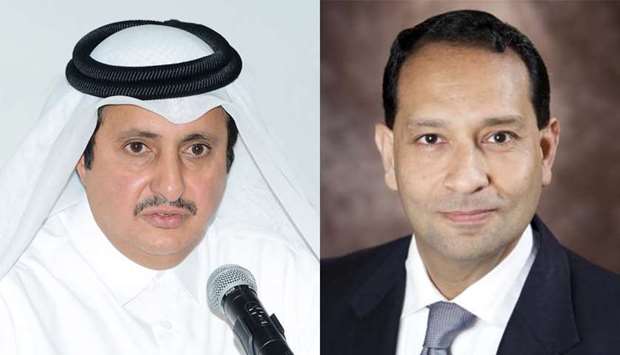The siege against Qatar imposed by its Arab neighbours on June 2017 failed to slow the rapid growth of the country’s economy even as the government managed to transform its impact into economic benefits, Qatar Chamber chairman Sheikh Khalifa bin Jassim al-Thani has said.
According to Sheikh Khalifa, the economic blockade only accelerated Qatar’s economic development and enhanced foreign trade, especially after the opening of the Hamad Port and the inauguration of direct sea shipping routes to a number of countries.
“The Qatari economy had proved that it is robust and resilient against crises, and it continued to maintain an accelerated pace of growth, according to the forecast of the World Bank,” Sheikh Khalifa noted.
“The State of Qatar has managed to achieve self-sufficiency in many goods and products by developing the food security, agriculture, and industry sectors during the siege,” he added.
According to US Chamber of Commerce senior vice president for Middle East and Turkey Affairs Khush Choksy, Qatar began a reform process since the beginning of the blockade.
“Qatar’s experience under the blockade has helped re-establish a broader group of supply chains, and it enabled the country to help companies to operate on their own capacity. But one of the biggest things that it did was it expedited the business regulatory environment,” Choksy told Gulf Times.
US Chamber of Commerce vice president of Middle East Affairs Steve Lutes said, “When you have a situation like that I think there is no question that it compels government leaders to think more creatively. The blockade accelerated a lot of reforms that I think were in the queue, so that was a plus for the business community and for doing business in Qatar.”
US Chamber of Commerce manager for Middle East Affairs Liz Clark added, “The blockade also helped push Qatar to focus on self-sufficiency, which enabled it to last through something as challenging as this.”


